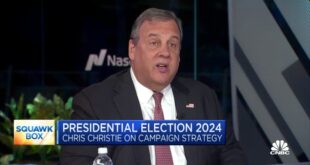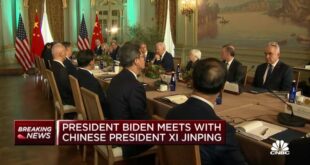In her view, the plan stretches the limits of the Federal Power Act and the Defense Production Act to achieve a political goal. Tubb equated the proposal to President Barack Obama’s use of the Clean Air Act to justify his move to limit greenhouse gas emissions from power plants under the Clean Power Plan, which conservatives often frame as an abuse of authority.
“Neither are sound, principled policy and both promise harm to consumers. Instead, the President should turn dedicated attention to reversing the underlying policies that are causing the problems he wants to fix,” Tubb said.
Coal and nuclear plants are closing mostly due to competition from cheap, cleaner-burning natural gas and renewable energy.

Conservative-leaning news outlet, the “Washington Examiner” called the draft proposal a “ridiculously bad idea” that could backfire for Trump and Republicans by raising prices for households ahead of mid-term elections.
“Voters will be deciding this fall whether to deprive Trump of the ability to enact his agenda and make appointments. To the extent that he pursues economy-crippling central planning policies, he risks losing that election,” the Examiner said in an editorial.
The Examiner notes that nearly all of the nation’s power outages are due to problems with transmission and distribution lines that carry energy from plants to consumers, not with the facilities that generate power themselves. It says Trump’s plan threatens to disrupt the industry’s market-based evolution: focusing on exporting U.S. supplies to countries where coal consumption is rising.
Peter Van Doren, senior fellow at the Cato Institute and editor of the journal “Regulation,” said the plan threatens to wipe out the intellectual effort that went into creating deregulated, competitive power markets in many parts of the country over the last 25 years. Those markets already put in place a system that effectively makes consumers pay for excess power capacity that can be tapped in times of high demand, he said.
Meanwhile, the nation’s remaining regulated markets in the South and West already have the authority to pass on the cost of keeping the plants open to rate payers.
 EU News Digest Latest News & Updates
EU News Digest Latest News & Updates



